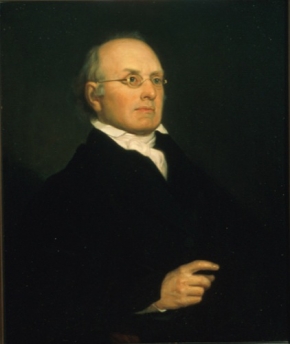You are here
Circuit Court Opinions:
Associate Justice Joseph Story, United States v. Wonson (1812)

United States v. Wonson, 28 F. Cas. 745 (C.C.D. Mass. 1812) (No. 16,750) [First Circuit]
In Wonson, Justice Story provided the first judicial interpretation of the Seventh Amendment right to a jury trial “[i]n [s]uits at common law.” “Beyond all question,” he wrote, “the common law here alluded to is not the common law of any individual state, (for it probably differs in all), but is the common law of England, the grand reservoir of all our jurisprudence.” Story’s opinion established the “historical test,” by which the right to a jury trial was to be interpreted in light of English common law as of 1791, the year the amendment was adopted. The Supreme Court endorsed a historical test in the Sixth Amendment context in Thompson v. Utah (1898) and explicitly adopted the Wonson rule in Baltimore & Carolina Line, Inc. v. Redman (1935), after which it remained a part of American jurisprudence.
Wonson was a civil case in which the United States lost before a jury in the U.S. district court and appealed to the circuit court seeking a new jury trial on issues of fact. Applying the historical test, Story cited the common law of England as providing that “the facts once tried by a jury are never reexamined” unless the trial court granted a new trial for good cause or an appellate court reversed a judgment for an error of law and ordered a new trial. The holding accorded with Story’s belief that the Seventh Amendment had been written with a specific purpose of preventing appellate courts from overturning factual findings made by juries in the lower courts.
According to Story’s son, the justice’s decision in Wonson was motivated in part by the fact that he had taken over an extremely crowded docket in the First Circuit because of the illness of his predecessor, William Cushing. The result in Wonson had the immediate effect of clearing 130 cases from the circuit court docket, an outcome to which the district attorney did not object.
